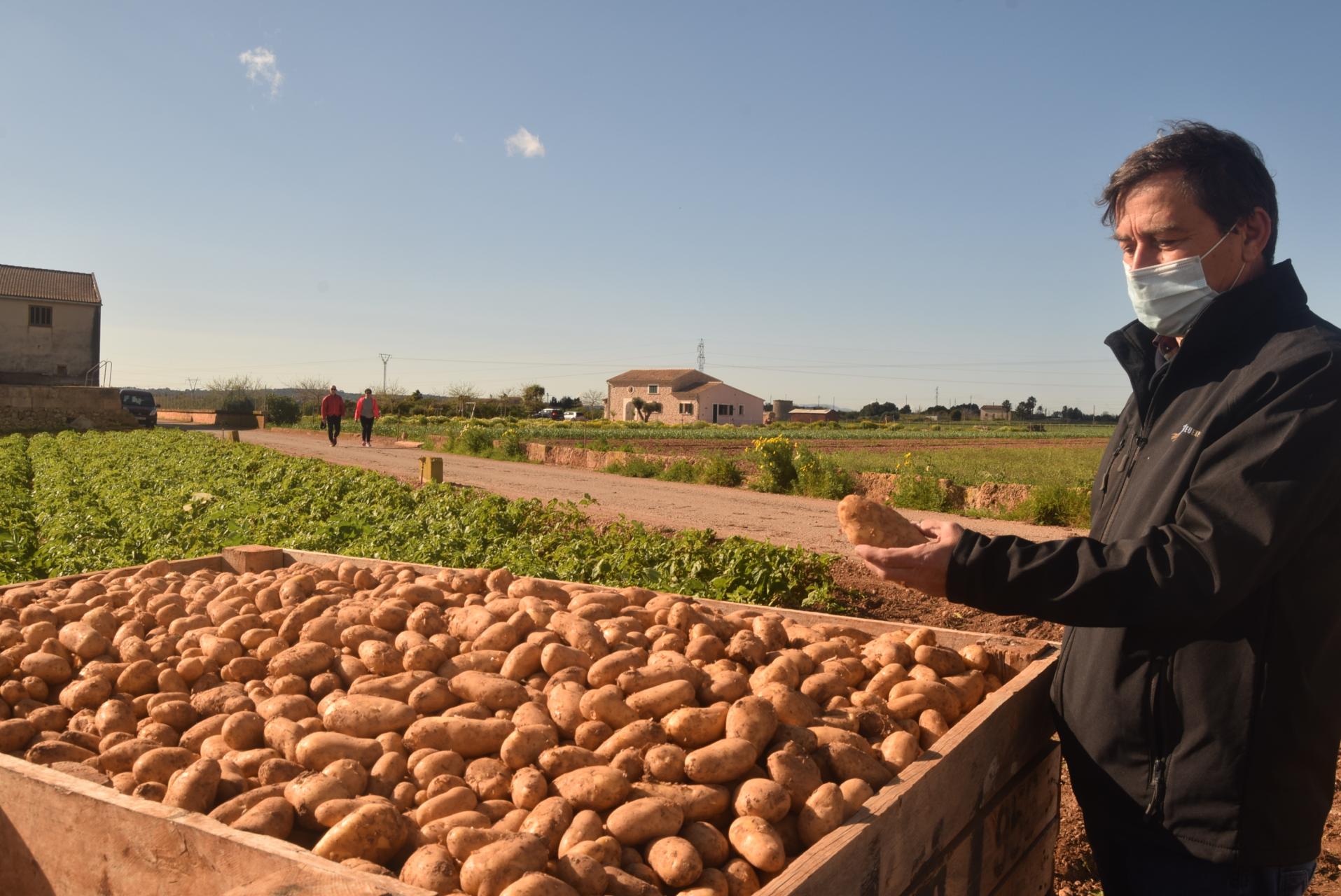There is the story of the Austrian chemist, Albert von Filek, who claimed to be able to mix vegetable extracts and “secret ingredients” with water and create fuel. Albert already had form as a swindler by the time he presented his wonder technique to the Franco regime. If due diligence had indicated Albert’s previous, it must have been ignored, as Albert offered the post-Civil War Spain the chance to become an oil-producing power.


No comments
To be able to write a comment, you have to be registered and logged in
Currently there are no comments.